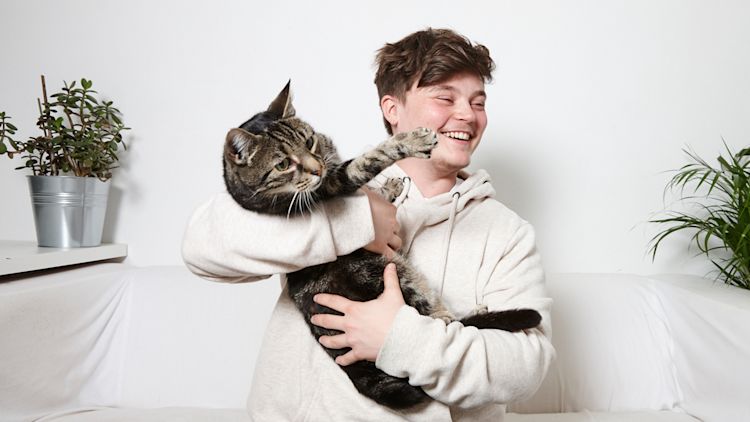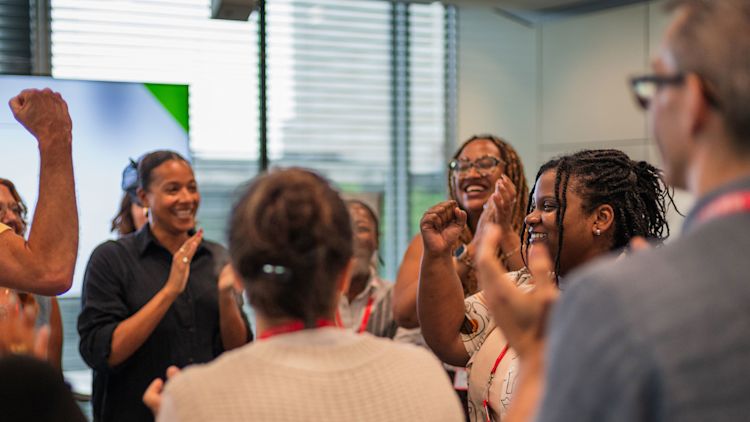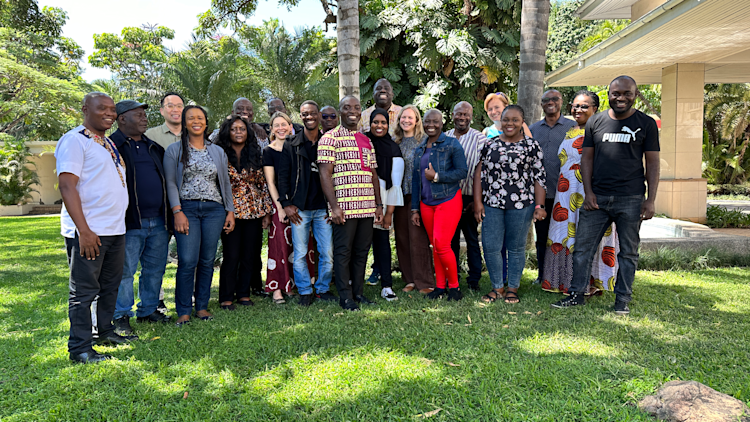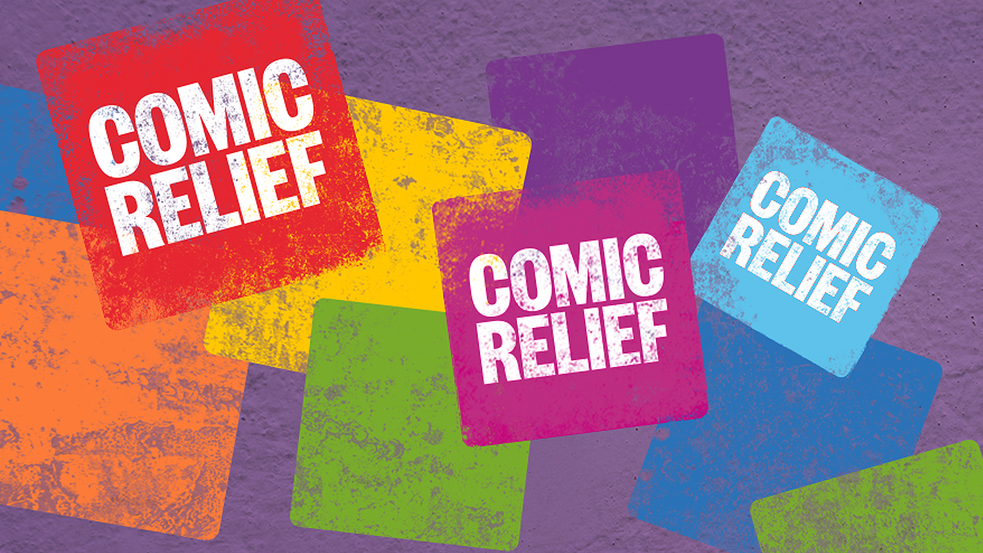
Today Leo tells us about growing up trans.
“I didn’t know any trans people growing up. I learnt about it by going online and watching YouTube. It was just my parents I told at the beginning. It was a lot for them to think about, but I had been coming out as lots of different things from the age of 11. First as bisexual, then lesbian at 13. Then back and forth. I showed them videos and that helped. I finally came out officially to everyone when I was 16.
I grew up in Thailand, where my parents were working. I started my transition there when I was around 17. A year later we moved to England and I started looking into support groups. I came across Developing Initiatives for Support in the Community (DISC) and my parents encouraged me to go.
At first just the thought of going to a trans group was terrifying. Before then I thought that the medical stuff would help me forget that I’m trans. But being in a room full of other trans people forced me out of that period of denial and made me accept that I am actually transgender.
I was very shy with the group for a long time. I wouldn’t even go out with them because I was scared to be seen with LGBT+ people. I was really struggling with internal transphobia and shame. I considered going through hypnotherapy to forget that I was not born male. I don’t feel like that at all any more. People assume I hate being trans, but I don’t. I just don’t like the way other people treat trans people. I feel quite empowered by embracing my labels. The group really changed things for me.
I got support in a lot of different ways. When I was really isolated, living in a rural area without friends around, DISC put me in touch with a group that helped me get the flat that I live in now. I was having some really low points and was able to get a therapy cat as well, Theo. He’s helped me through some tough times and makes me smile a lot! I’m so much happier now.
DISC also told me about opportunities like volunteering. I started going in to schools to talk about my experience, answering people’s questions and talking about LGBT+ history. That was something I thought I would never be able to do. Being surrounded by so many LGBT+ organisations has given me confidence and got me to feel who I am isn't a problem.
I started doing my own YouTube videos because that’s where I went for information in the very beginning. I want to help young trans people who are confused and scared. When I was first coming out I was really scared. The only trans guys I saw were really masculine and misogynistic whereas I was this sensitive boy who can be quite feminine. I feel like more soft guys need to be putting themselves out there to show other trans guys you don’t have to be angry or aggressive. I think representation really matters.
If we could start taking gender less seriously that would make a big difference. It doesn’t take much to have trans-friendly pronouns on forms and non gender-specific bathrooms. People can be really unkind about it, but I think they should just let people be. It's not affecting anyone else negatively. It’s partly confusion I think. People don’t know what being trans means – they still mix up the difference between gender and sexuality. I hope that eventually everyone will be able to understand it.
Even the supportive people in my life are still learning. It's difficult at times to challenge problematic language and behaviours, but it’s definitely getting better. When things feel hard the support from other trans people is amazing. It’s such a close and loving community. That’s part of why I like Pride events so much. Everyone is there for a reason and it’s lovely.”
Developing Initiatives for Support in the Community (DISC) is supported by Comic Relief funding, to help LGBT+ people like Leo.


